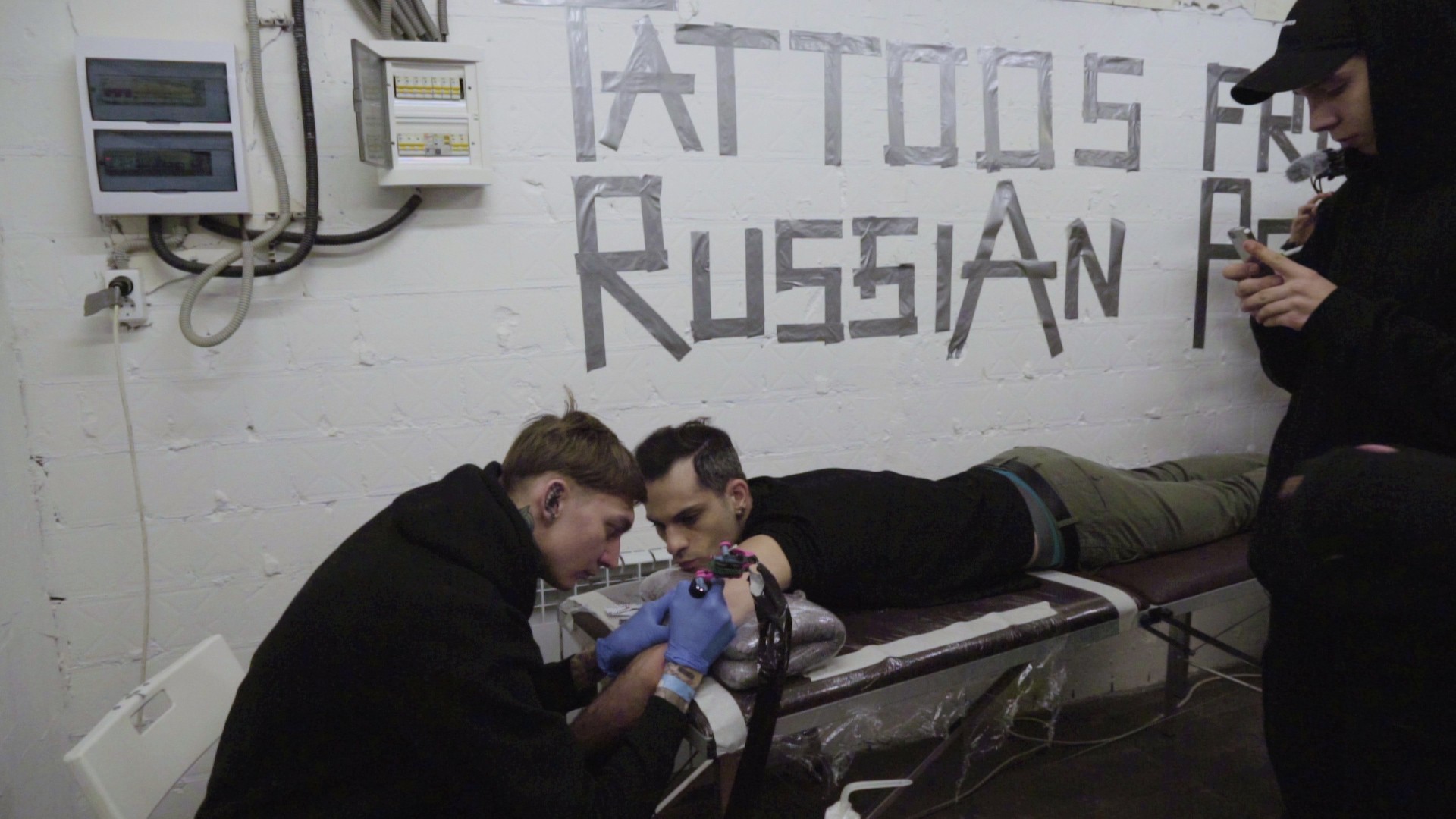The Kremlin's attempt to clamp down on the encrypted messaging app Telegram has unleashed havoc on the Russian internet and sparked a dispute with Google and Amazon over control of the Russian web.Now, some experts are warning the assault on Telegram may be just a trial run. If it succeeds, the Kremlin could go after much bigger targets, like Facebook or Twitter, analysts said.On April 13, a Russian court cleared the way for regulators to block Telegram, a favored messaging app in Russia and much of the Middle East. Telegram refused to hand over encryption keys to Russia’s fearsome intelligence service, the FSB, following anti-terror legislation from 2016 which said messaging services had to provide access.But doing so would have allowed the agency unrestricted access to everything users send each other, which goes against Telegram’s central promise of secure, encrypted privacy.The company’s refusal to comply with Russian regulators was hailed by rights advocates, including infamous American leaker Edward Snowden, who slammed the Kremlin’s request for backdoor access as “totalitarian.”Not that the Kremlin cared.Russian regulators immediately tried to block the app. Telegram responded, seeking to evade regulators by relocating to American web hosts, Google Cloud and Amazon Web Services, and switching up its IP address over and over again. In response, Russia’s regulator, Roskomnadzor, clamped down on huge blocks of IP addresses.Read: Putin’s archrival has weaponized YouTube and turned it against the KremlinMeanwhile, the tussle has disrupted internet access for some 400 businesses in Russia that use Google and Amazon services, Russian newspaper Kommersant reported Thursday.Coda Story, a New York-based news outlet, reported Thursday that its Russian sister site, Codaru.com, had been blocked after being caught in the crossfire.“We are, in effect, collateral damage, in the war between the Russian government and Telegram,” the agency wrote in an email sent to subscribers on Thursday. “It’s a web editor’s worst nightmare: seeing the visitor count on your site drop to zero, followed by a torrent of tweets and messages asking why you’re offline.”A raft of other organizations have also had problems and even taken financial hits, according to The New York Times, including Volvo dealerships, a language school and a courier service. State museums located on the premises of the Kremlin itself even had to suspend ticket sales.UK-based Telegram was founded by Russian tech entrepreneur Pavel Durov, and claims to have some 200 million users worldwide. The app reportedly has about 13 million users in Russia.The case against Telegram was brought in the wake of sweeping anti-terror legislation introduced in 2016 that stipulates all messaging services had to provide the FSB with keys to access their platforms in order to prevent terror attacks.One of Telegram’s main selling points has been its claim to provide secure, encrypted communication service. The app's encryption claims have helped make it popular in places like the Middle East and the countries of the former Soviet Union, where governments aren’t exactly known for their restraint in secretly reading citizens’ private correspondence.
Advertisement
That temporarily disrupted hundreds of other, unrelated businesses, according to Russian press reports. And it kicked off a round of negotiations between the Russian internet regulator, Roskomnadzor, and Silicon Valley titans Google and Amazon, over how to handle the dispute.On Wednesday, the regulator bashed the American companies.“Contact with Amazon has not yet led to positive results, perhaps for political reasons,” Roskomnadzor said Wednesday, according to The Moscow Times. The agency cited its own deputy chief Vadim Subbotin as saying talks with Google were “on the contrary, becoming more constructive, a substantive dialogue has begun.”“We are, in effect, collateral damage, in the war between the Russian government and Telegram.”
Advertisement
Advertisement
And in Russia, Telegram is far from being just a home for Russian dissidents. It’s used by people in the Kremlin, too.Putin’s own press service uses the app to communicate with reporters and arrange conference calls. Even Margarita Simonyan, the head of Russia’s state-run RT network and one of Russian President Vladimir Putin’s most high-profile supporters, was still sending out updates on Telegram as recently as Wednesday, April 25.Andrei Soldatov, a widely-respected expert on Russian intelligence and author of “The Red Web,” a book about the Russian internet, has warned that if the Kremlin can withstand the blowback from its assault on Telegram, bigger targets might be next.The political costs from blocking Telegram so far appear to be manageable, according to Soldatov. That suggests the authorities could move on to other internet giants next.“The Kremlin could safely move on to block Facebook or Twitter,” Soldatov tweeted. “Political costs cannot be higher than now. I hope it was not the plan all along.”“Political costs cannot be higher than now. I hope it was not the plan all along.”
